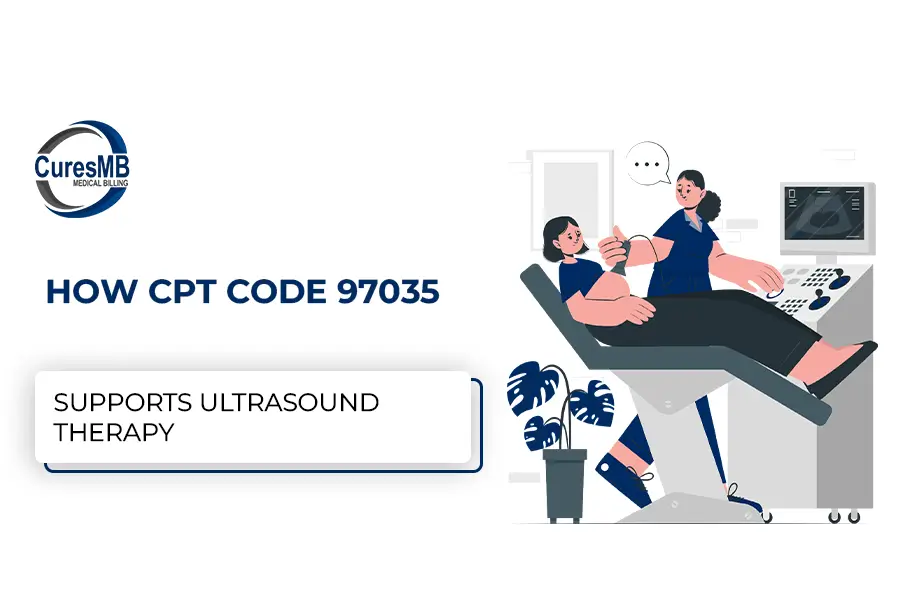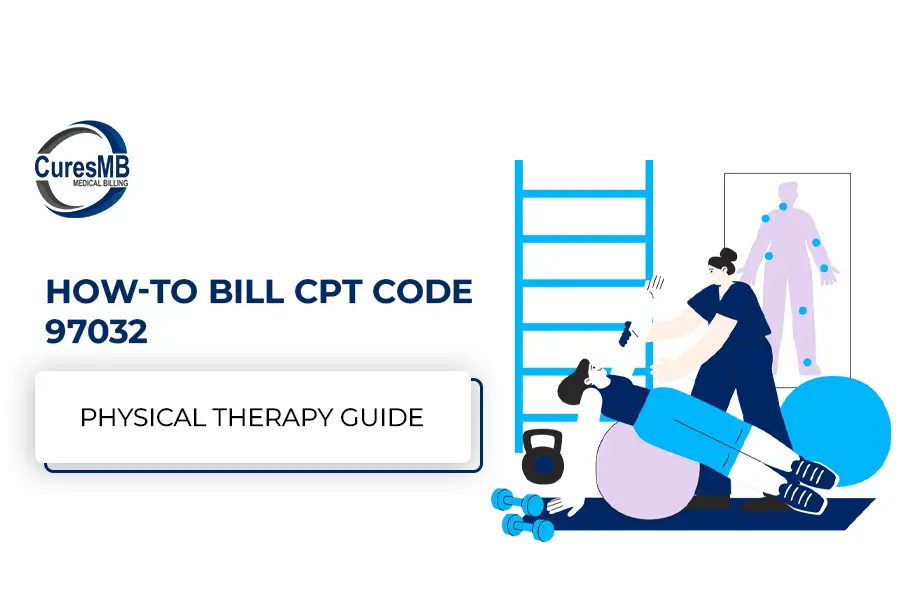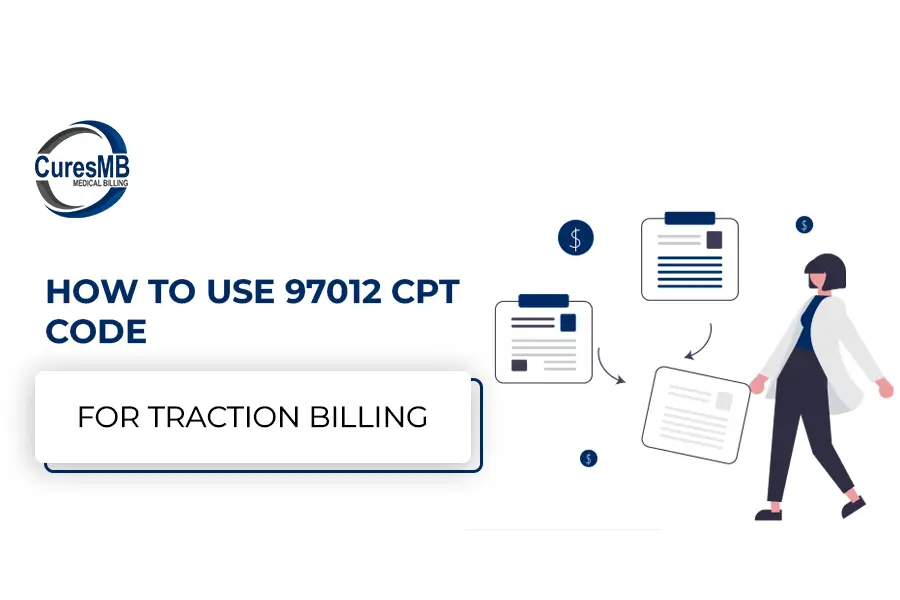Accurate ICD-10 coding for acute kidney failure is critical to ensure timely reimbursements and avoid costly denials. Whether you’re a nephrologist, general physician, or part of a billing team, understanding how to correctly apply the acute kidney failure ICD-10 code is key to successful claim submission.
we’ve worked with many healthcare providers who handle complex renal cases. We know firsthand how coding errors or using unspecified codes can lead to audits or reimbursement delays. That’s why this blog post combines clinical accuracy with real billing insights to help you code confidently.
Acute kidney failure, also referred to as acute renal failure, is the sudden loss of kidney function, typically due to trauma, infection, medication toxicity, or systemic illness. It differs from chronic kidney disease (CKD), though it often occurs alongside it.
When coding for acute renal conditions, always use specific ICD-10 codes, not the general category. Many practices mistakenly use N17, but that’s just a broad category and not valid for billing.
Here are the right ICD-10-CM codes used for acute renal failure situations:
Note: Do not use the overall code “N17” for billing. Always report the specific subcategory that best matches the patient’s diagnosis.
If the exact pathology of kidney failure isn’t documented, use:
However, overuse of unspecified codes may increase the risk of denied claims. Whenever possible, document whether necrosis is tubular, cortical, or medullary and select the appropriate acute kidney failure ICD-10 code.
Patients often have multiple diagnoses contributing to kidney failure. In these cases, you must code for both the acute kidney injury (AKI) and any comorbid conditions:
Condition | ICD-10 Code(s) |
Critical kidney failure through sepsis | A41.9 + N17.9 |
Simple kidney injury on CKD Phase 3 | N17.9 + N18.3 |
Hyperkalemia with AKF | E87.5 + N17.9 |
Diabetes with acute kidney disappointment | E11.65 + N17.9 |
Hypertension with AKF | I10 + N17.9 |
Postpartum acute kidney failure | O90.4 |
Septic shock with AKF | R65.21 + N17.x |
History of AKF | Z87.4 |
Firm on continuing renal disappointment | N17.x + N18.x |
Our goal is to streamline your healthcare revenue cycle management, give you the financial freedom your practice deserves, and take control with a partner specializing in provider RCM optimization and services excellence.
Access essential company data with a simple click through the 'Download Company Info' feature.
At Cures Medical Billing Services, we often audit denied claims and find the following issues:
We help providers correct these mistakes before claims are submitted, improving payment success rates and keeping their revenue cycle efficient.
At Cures Medical Billing Services, we often audit denied claims and find the following issues:
We help providers correct these mistakes before claims are submitted, improving payment success rates and keeping their revenue cycle efficient.
To boost claim acceptance and stay compliant:
By the accurate ICD-10 codes for critical kidney failure:
Renal conditions can be challenging to code, especially when patients have multiple comorbidities. At Cures Medical Billing Services, we:
Need help with renal billing? Explore our services here.
Choose the right acute kidney failure ICD 10 code, whether it’s N17.0 for tubular necrosis or N17.9 for unspecified, can make the difference between full reimbursement and a denied claim. Add in comorbid conditions like CKD, sepsis, or diabetes, and the coding becomes even more critical.
Billing renal cases accurately requires more than just picking a code, it’s about understanding the patient’s full condition and how payers expect that story to be told through ICD-10.
The central ICD-10 code is N17.9 – Serious renal disappointment, undetermined. However, if more detail is documented (e.g., tubular necrosis or cortical necrosis), use a specific code such as N17.0 or N17.1.
Yes. When a patient has acute kidney injury (AKI) on top of CKD, code both:
Proper sequencing is key for clean claims.
Denials often occur due to:
Use separate codes:
Accurate coding ensures:
Discover Cures Medical Billing Services Across Different States
FL
NY
ML
CO
NJ
AZ
TX
CA
WA
We are a team of national medical billing service experts based in Astoria, NY, committed to providing ongoing value to our customers. We leverage technology and implement best practices to provide high-quality and cost-efficient medical billing solutions from domestic locations, enabling customers to achieve their business goals. Cures Medical Billing is the best option for any medical billing needs.
Medical billing around Astoria, NY, and beyond is our core competency and our specialists will efficiently manage all your billing needs. Our medical billing specialists have over 12 Plus years of experience with all security technologies to ensure data integrity for our customers. Using our medical billing service, anyone can make their medical billing task less resource-consuming.
Discover unparalleled efficiency and precision in healthcare financial management with Cures Medical Billing Solutions.


